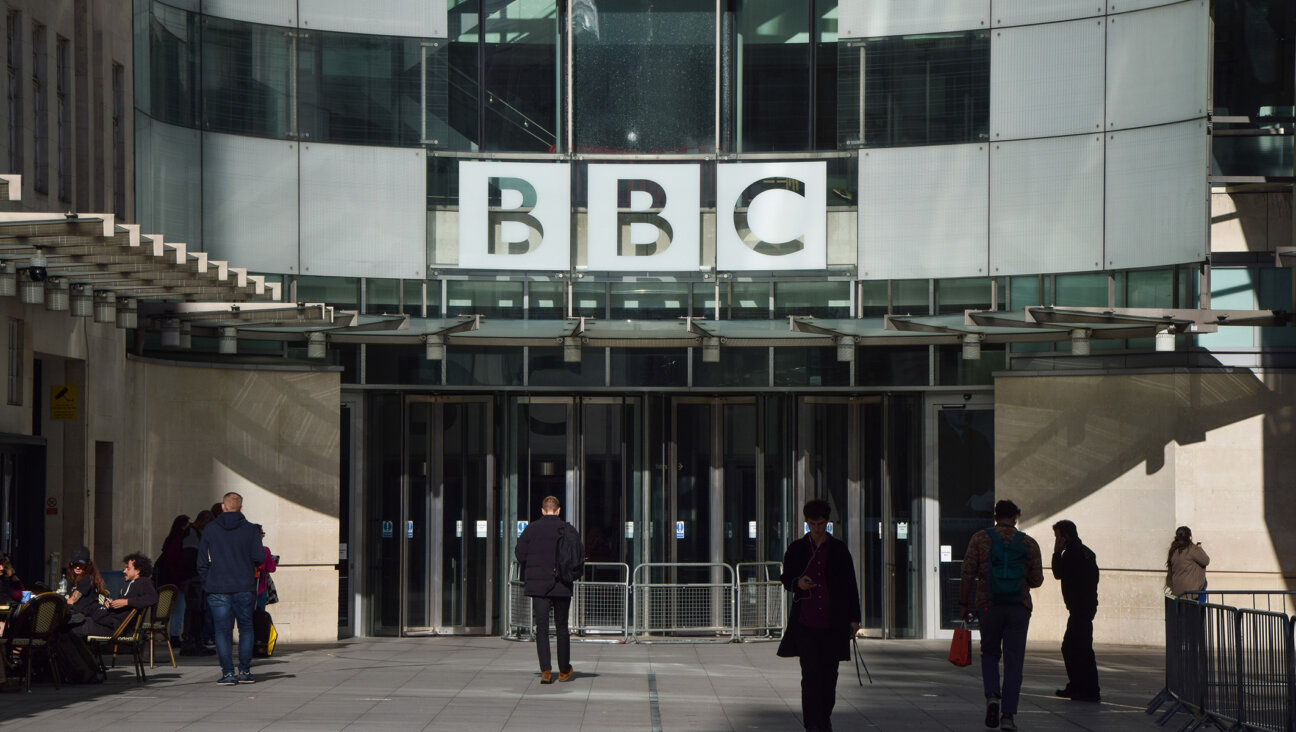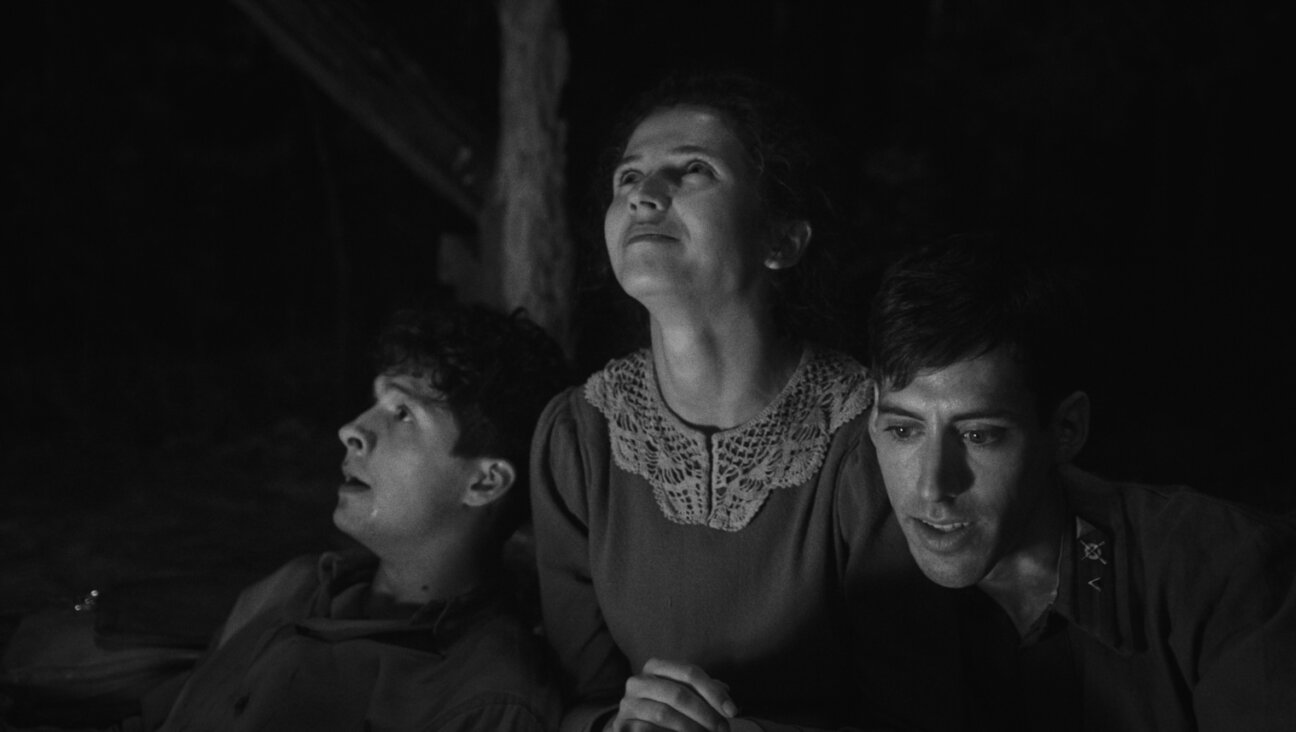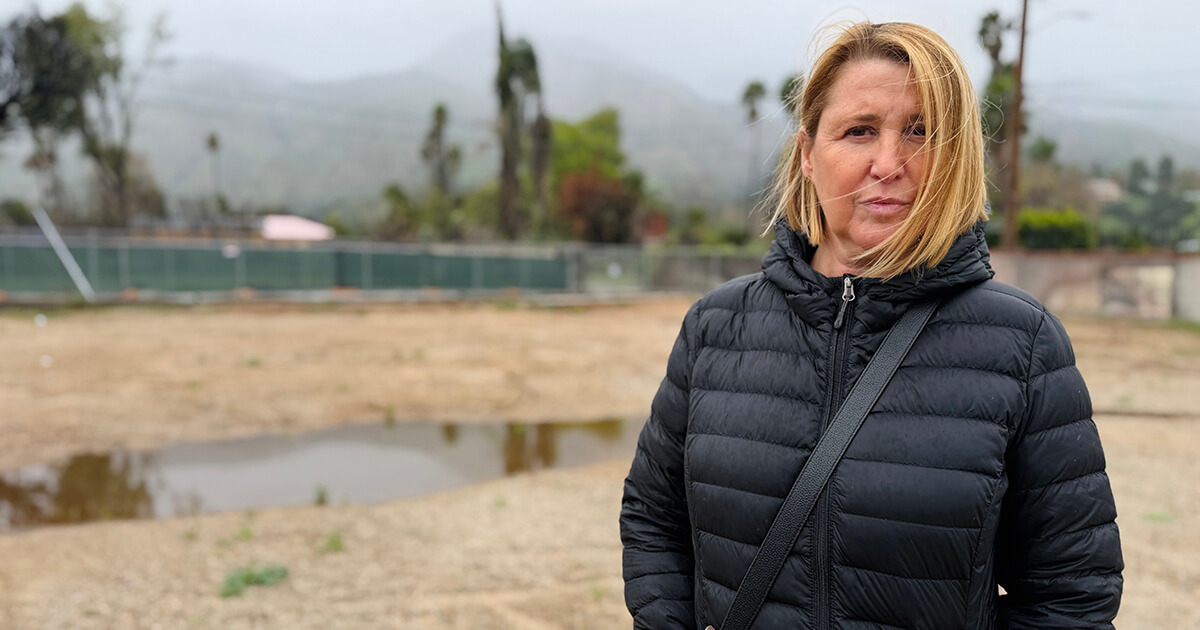Twitter Pulls Anti-Semitic ‘Good Jew’ Messages
Twitter has reportedly agreed to remove French-language anti-Semitic messages from its website and to block access to an account linked to German neo-Nazis.
Stephane Lilti, an attorney for the Union of French Jewish Students said that Twitter has agreed to remove tweets that her group has flagged as anti-Semitic, according to the French newspaper Le Nouvel Observateur.
She said Twitter’s decision was “an important victory” for the fight against anti-Semitism. Earlier this week, her organization threatened to sue Twitter if it did not remove anti-Semitic messages.
Twitter’s announcement came after #UnBonJuif – a hashtag meaning “a good Jew” – served Twitter users to enter what Le Mode termed “a competition of anti-Semitic jokes.” On Oct 10, it became France’s third most popular Twitter phrase. Some users tweeted that a good Jew was a dead Jew. One placed a picture of an emaciated woman taken at a Nazi concentration camp as an interpretation of what a good Jew.
On Thursday, Twitter also announced that it had blocked access in Germany to a neo-Nazi group’s account due to hate speech. The San Francisco-based micro-blogging service has halted access to the account of Besseres Hannover, German for “Better Hannover,” according to the Financial Times.
Members of the group have been charged with inciting racial hatred and creating a criminal organization, the BBC reported.















